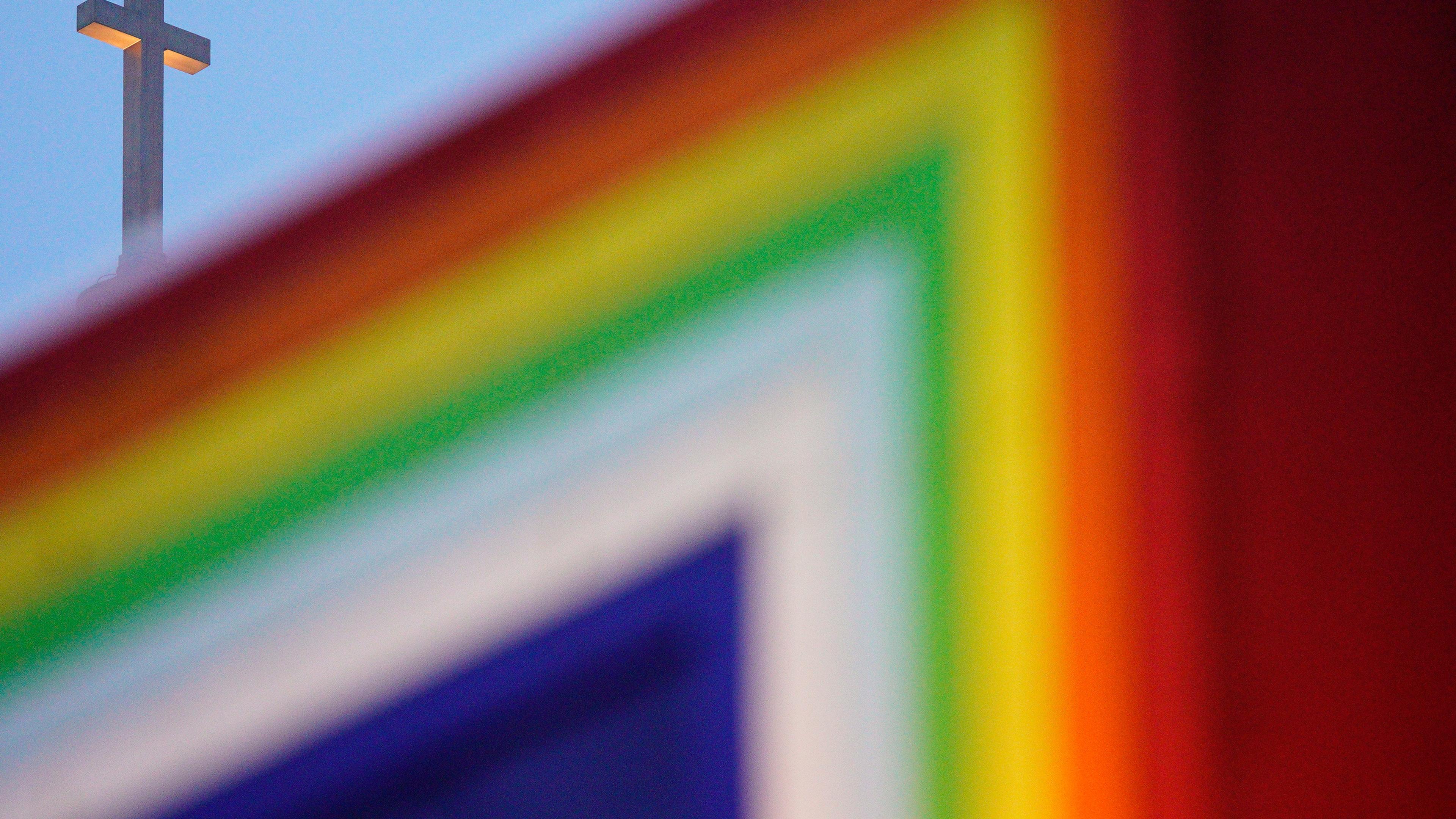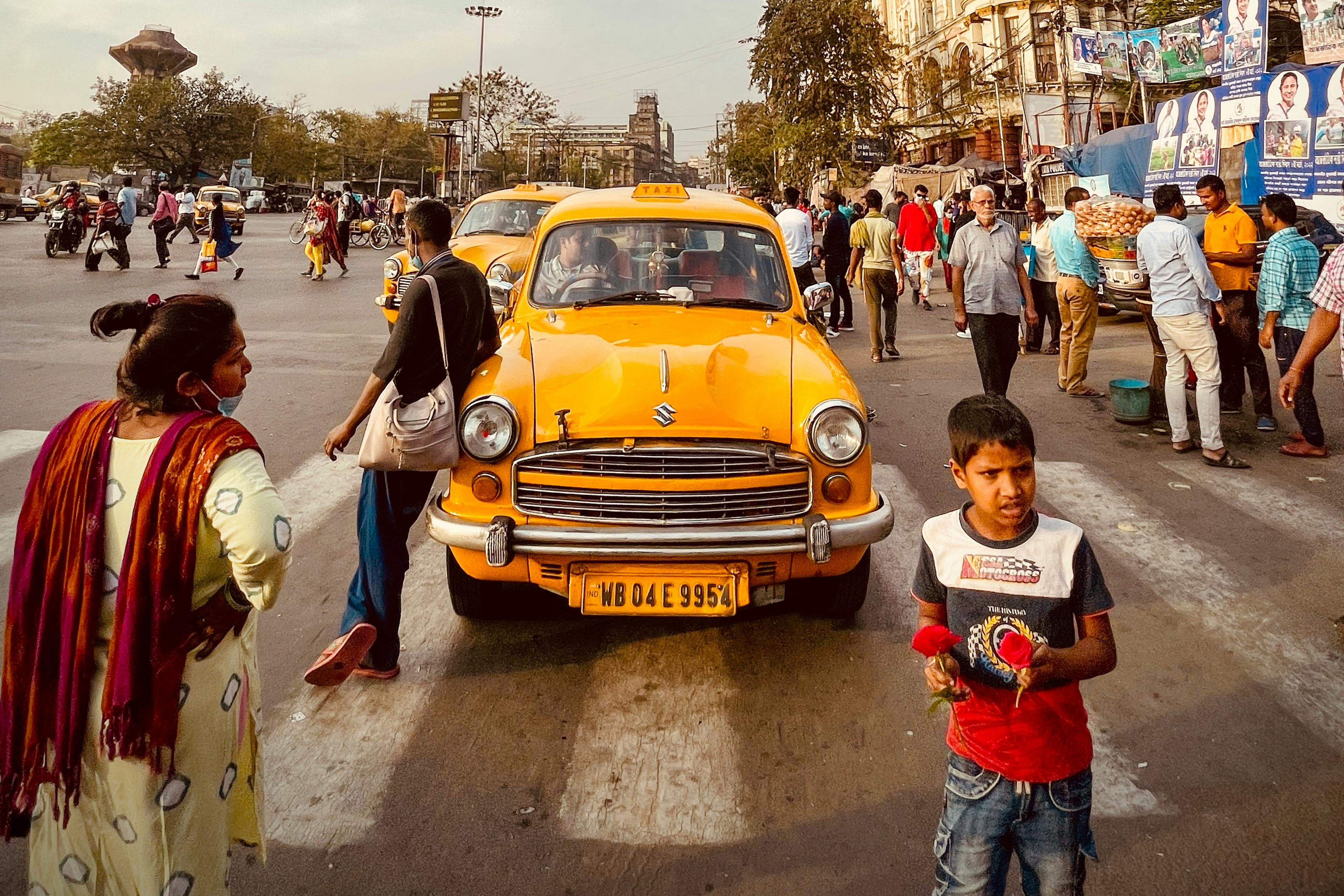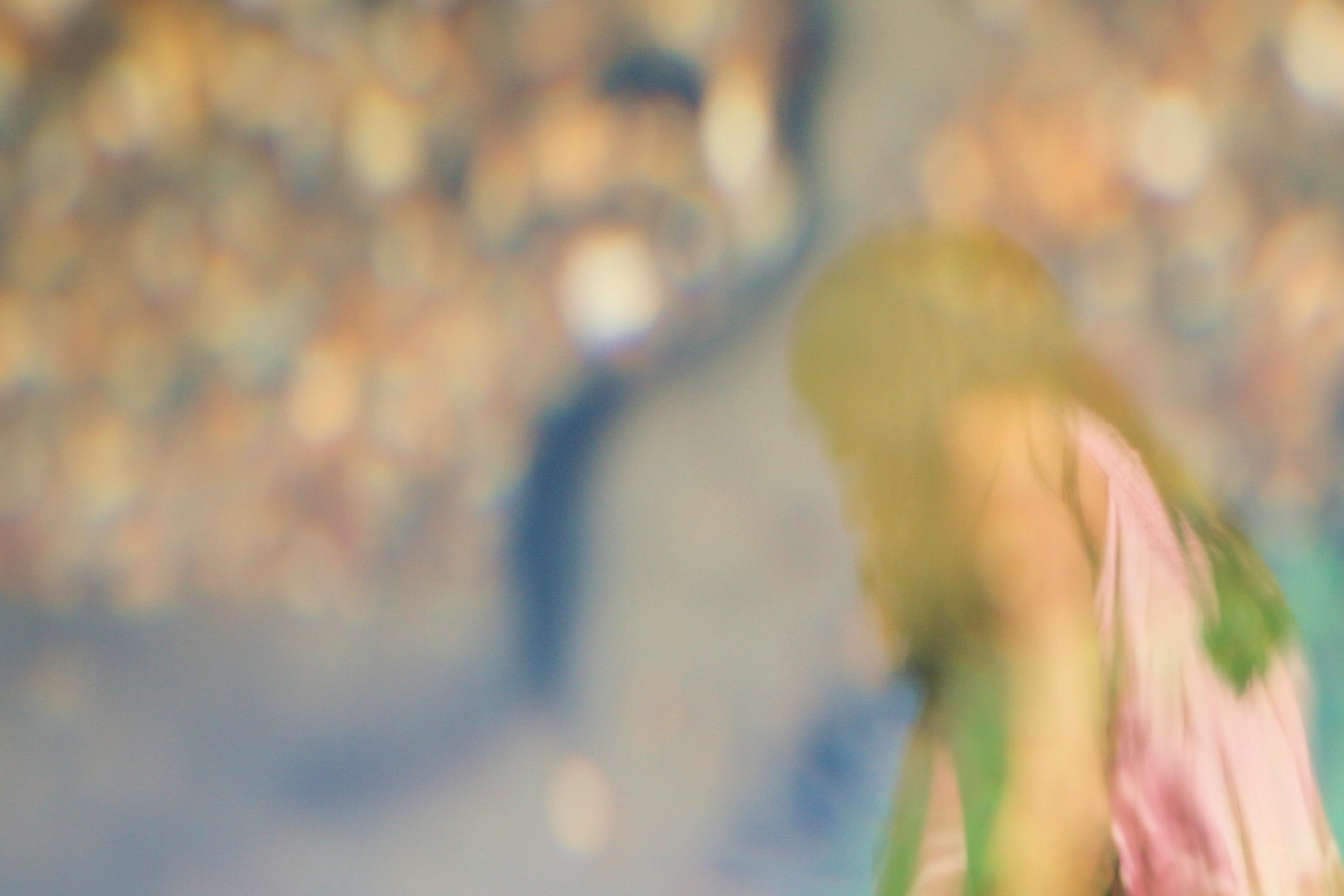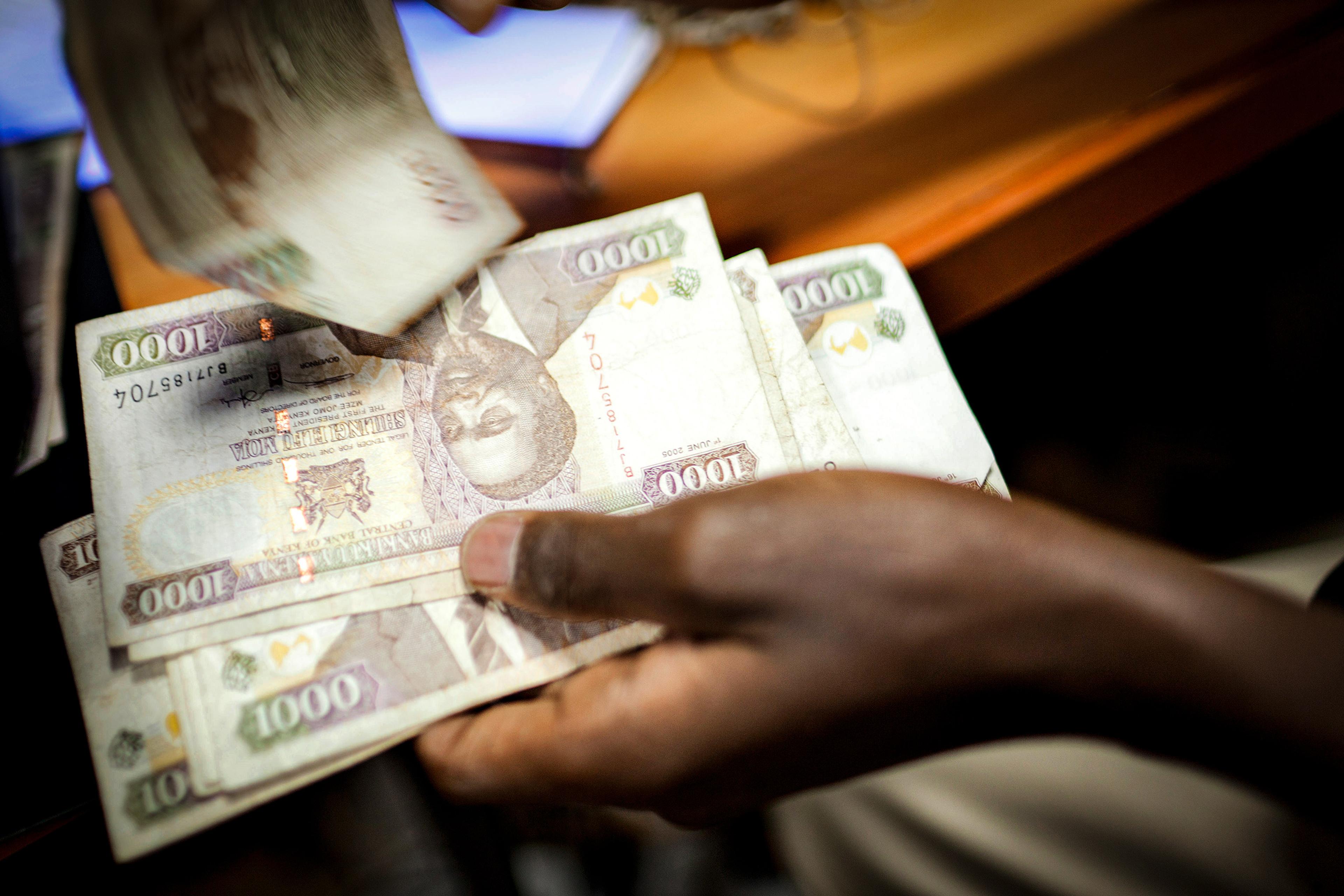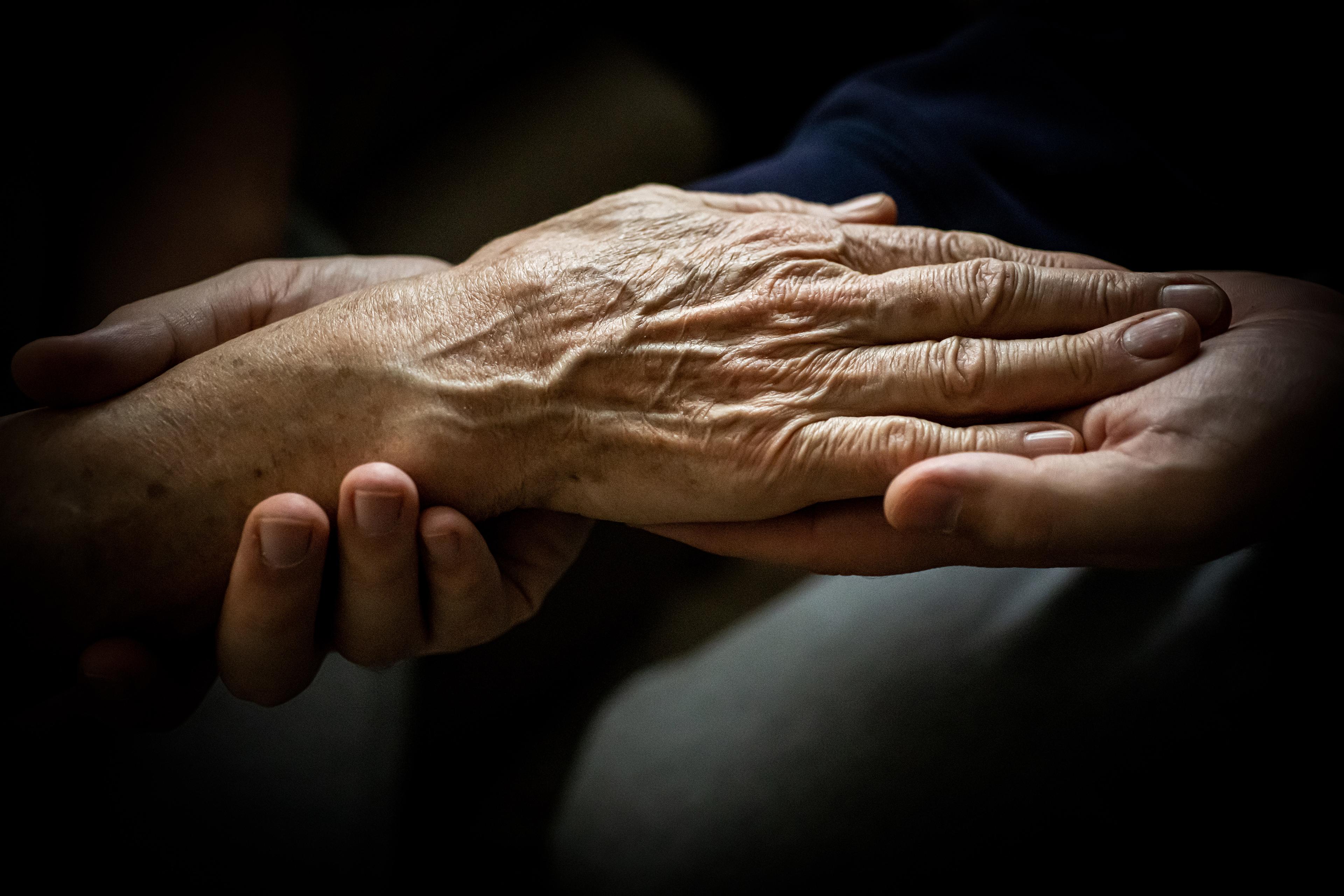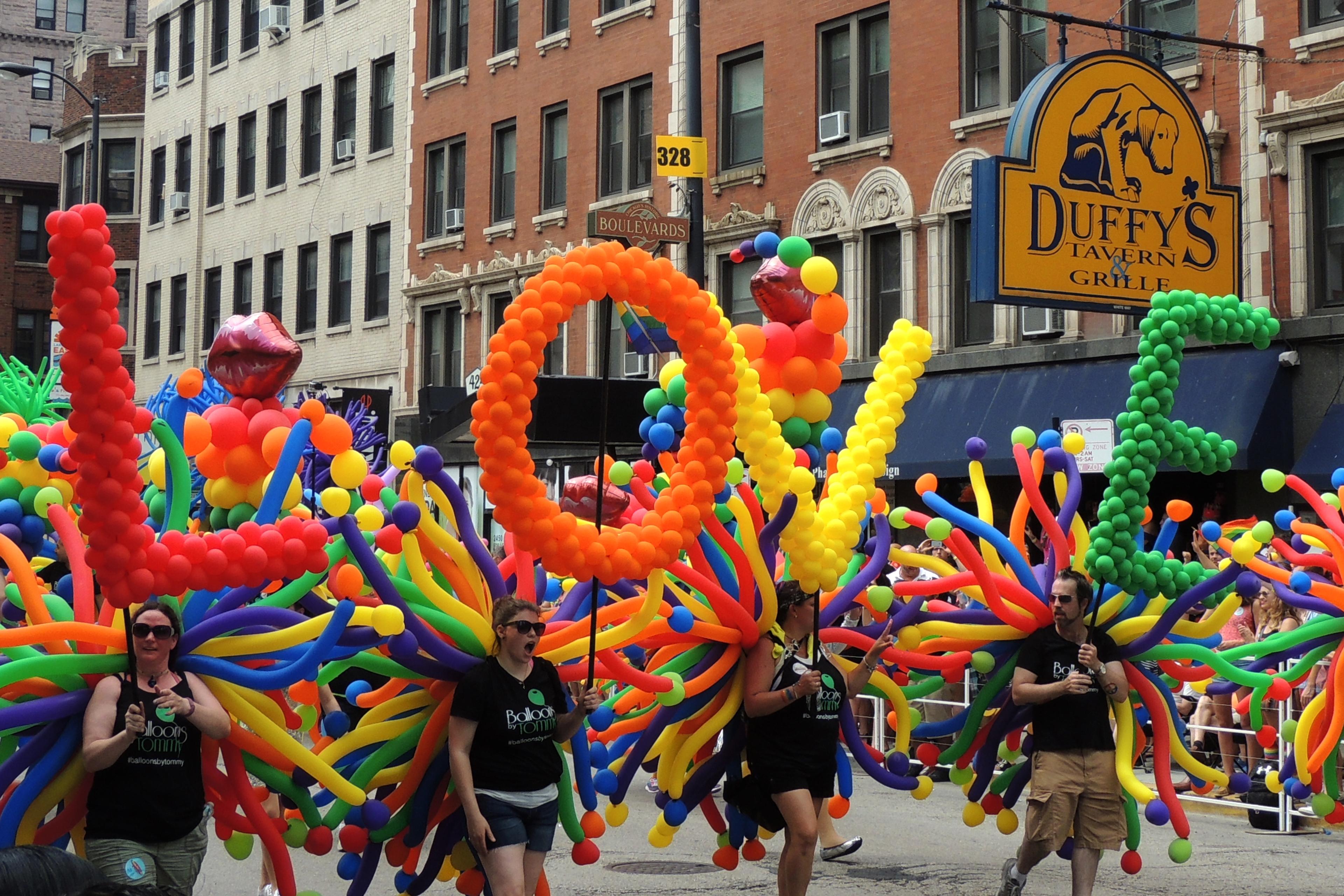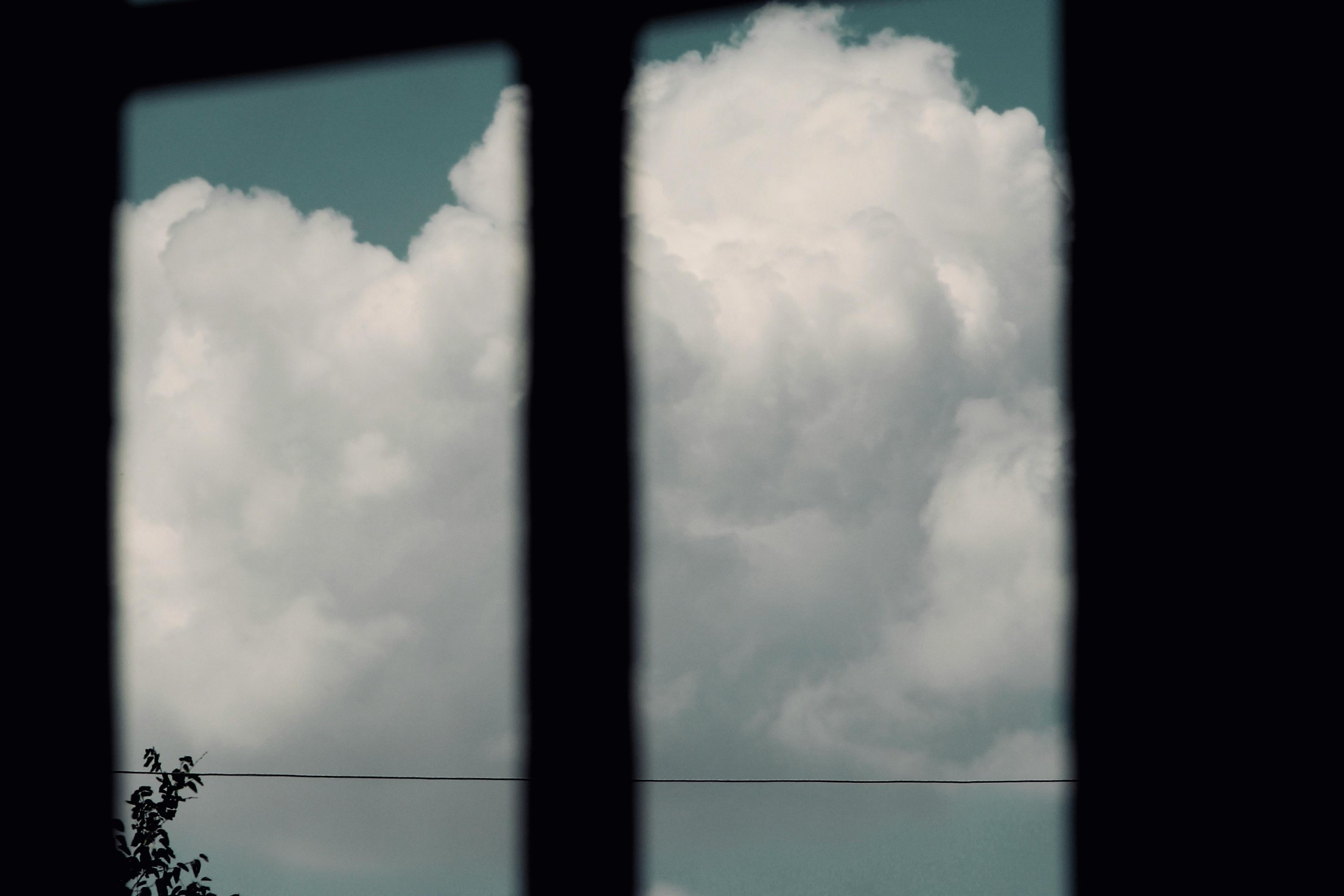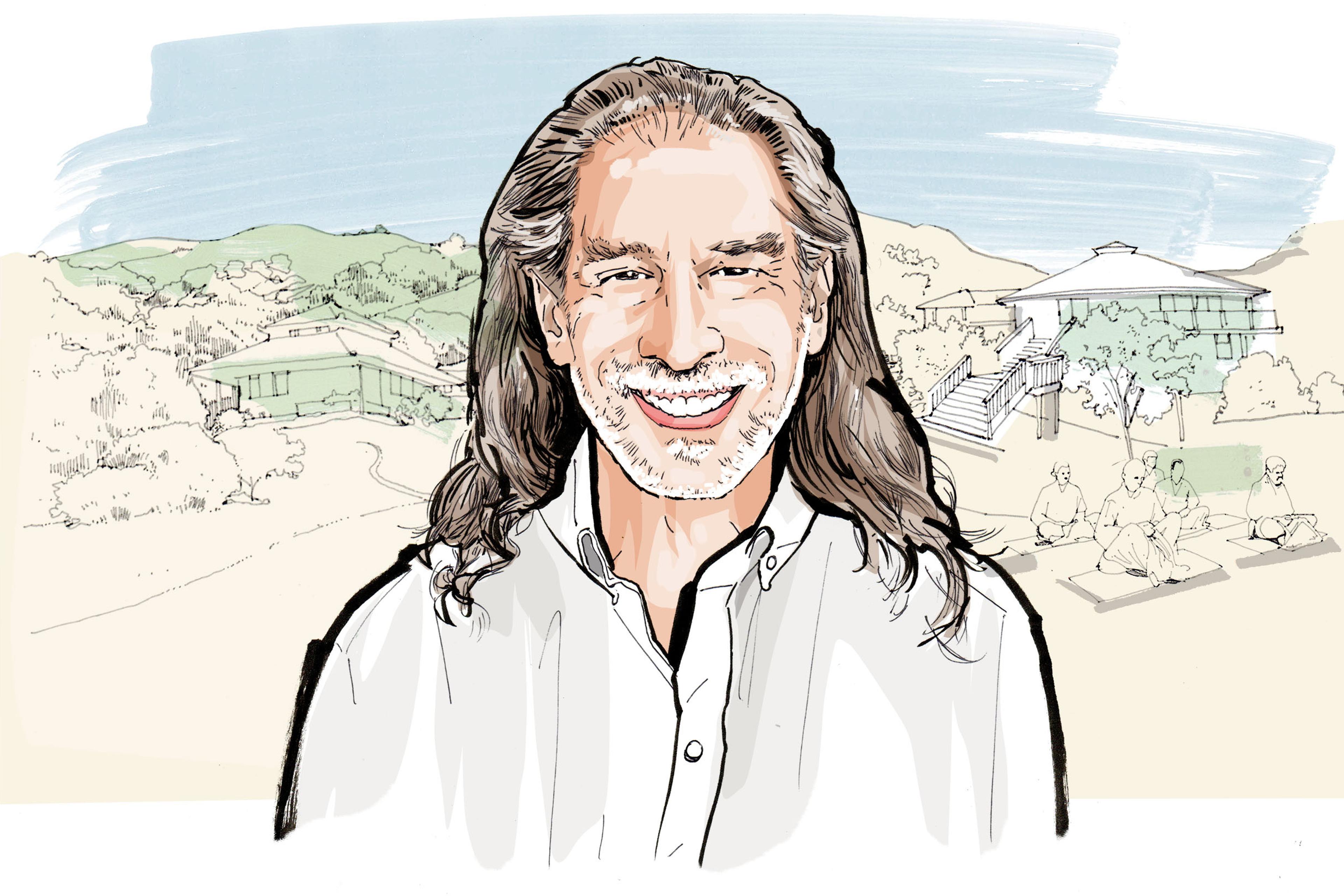‘Do you think gay people go to hell?’ The question, posted by some Instagram anon, floated through Lily’s livestream’s feed, and I watched, in real time, as her eyes caught it.
It was my sophomore year of high school, and the world was still in its first month of COVID-19 pandemic lockdown, leaving me little to do but scroll my socials. Eventually, I stumbled upon a ‘Catholic Q&A’ livestream by a girl I knew: Lily, a peer at my Catholic high school. We weren’t close, but we sang in the choir together and sat three seats apart in geometry – enough to cross paths and chat a handful of times. She was an outspokenly conservative girl, and by the time our sophomore year rolled around, these passions for order and tradition found a natural home in Catholic fundamentalism.
She would post TikToks preaching Marian modesty and decrying global persecution of Christianity, which my classmates mostly scoffed at, but her stance won her admiring engagement from other Catholic fundamentalist teens on the internet. I joined in with the scoffers, in part because it seemed to be the more defendable side.
‘Well, the Catholic Church believes that being gay itself isn’t a sin, but acting on homosexual urges is,’ Lily answered matter-of-factly as I watched.
I sat back confused and then disturbed. The framework she laid out did not fall neatly into the bounds of what I’d always thought of as homophobia. Her words did not assail, and she didn’t assert that gayness was a choice or a convertible characteristic. She reduced it all very plainly to choosing to have sex.
I sat there blinking, as the implications of what a brutal fate might await a life lived incongruent with God’s will rolled into my mind. At this point, I’d come out to family and some friends but hadn’t taken much interest in making this my public identity. I thought people were sent to hell for murder. It hadn’t occurred to me that entry to heaven might depend on the ethics of my sexuality.
On the livestream, another viewer’s question rolled through: ‘How do I know how to interpret the Bible?’
‘Pray on it,’ Lily answered confidently. ‘Build your relationship with God and follow your convictions.’
By the standards of Catholicism (indeed, of most religions), I am supposed to think and feel hard enough to boil down my questions to some unimpeachable Truth. It was my responsibility to find conviction and follow it. That scared me: was ‘acting on’ being gay inherently sinful?
Growing up gay in 2000s America, my circumstances were probably the best you could find. My parents figured out I wouldn’t be bringing home a daughter-in-law before I did, and they accepted it with grace. When Lady Gaga came on the radio in my mom’s Chevy Suburban, she turned up the volume and smirked at me in the rearview mirror as I sang along in the back seat. When, for the third time, I tried to run the bases clockwise rather than counter-clockwise in tee-ball, my father abandoned his coaching ambitions with a chuckle and, along with my mom, agreed to send me to theatre camp.
In fourth grade, when I realised that I liked Justin Bieber for more than just his music, I knew my parents would accept me – and, for a brief stretch, I accepted myself. I wasn’t shouting it from the rooftops, but nor was I ashamed of being gay. It was just something the world didn’t know yet.
I was also raised Catholic. I believed, with a shrug, that there was such a thing as heaven, and that I would eventually end up there. The idea that being gay might bar me entry was an antiquated prejudice: something ignorant bigots who lived far away believed. Though my home in the suburbs of New Hampshire, just north of Boston, wasn’t a total liberal haven, it at least operated under a sort of liberal hush. Social conservatism existed mostly in polite smiles and closed mouths.
The challenge of being gay shifted. It was no longer simply a matter of self-acceptance but a higher ethical concern
Around fourth grade, things began to shift. The things that made me different became social liabilities. I was far from being the first child to feel ashamed of my quirks, but I slowly followed their throughline to find it all attached to my gayness. Everything my peers disapproved of, from the way I walked and talked to my cultural likes and dislikes, I began to realise, were gay stereotypes. Suddenly being gay itself felt shameful.
By 17, I’d come out casually to my family and close friends, often interspersed into jokes as a ‘just letting you know that I know that you know’ gesture. I was growing up and finding acceptance, the way every happy-ending media representation of gay youth told me I would. All things considered, adolescence had been kind.
But after Lily’s livestream, the challenge of being gay shifted. It was no longer simply a matter of self-acceptance – granting myself the peace to be comfortable in my own skin, ignoring the judgments of my peers – but a higher ethical concern.
To those who have never had cause to look at religious fundamentalism from inside the fishbowl, the technicality of ‘acting on homosexual urges’ probably sounds anachronistic. And as someone who grew up in a familial bubble of acceptance, surrounded by few people of traditionalist persuasions, I myself had every reason to view this technicality as absurd. But I didn’t.
The doctrine made a successful appeal to shame. And, by flagging up the option of abstinence, it gave me the choice to absolve that shame. While I’d always imagined finding romantic love, and someday marrying, I began to seriously worry that, somewhere within myself, I had always known my so-called ‘identity’ was reducible to grotesque sexual mechanics, and that the coming-of-age narrative I was trying to sculpt was a plea for avoidance.
It wasn’t just TikTok fundamentalists who thought acting on ‘same-sex attraction’ was a sin: many of my teachers did, too
The idea that someone I knew personally thought I was subjecting myself to eternal damnation weighed on me incessantly. I truly thought that I might never find peace, knowing that I would probably choose to ‘act on homosexual urges’. Would I therefore live the rest of my life in fear of going to hell?
It’s funny how the mind (or the soul, or fate) can force us out of indecision. Toward the end of my senior year, I decided to deliver a speech about being gay in front of my entire Catholic high school. I noticed how nervously every teacher and administrator at the school footed around the word ‘gay’. It wasn’t just TikTok fundamentalists who thought acting on ‘same-sex attraction’ was a sin: many of my teachers did, too.
I worked on a TED Talk-style speech recounting how, in fourth grade, ‘and for the first time in my life, a male peer told me I acted more like a girl than a boy.’ I thought if I could contort my fears into some shimmering moment-reckoning triumph – then I might finally find peace in myself. But what if I was waiting for a conviction I already had? What if I knew Lily was right?
The night before the big day, sleep felt all but impossible, so I decided to drive. Cruising past every midnight suburban tableau I knew so well, all I could see was myself the next day: standing on the gymnasium hardwood, frozen in front of everyone, my shame open and unretractable.
But then, humming through coils of shitty Nissan speakers, ‘Dog Years’ (2016) by Maggie Rogers came on. I’d almost forgotten that song but, God, I loved it, and never had it unstitched me as powerfully as it did in that moment. I loosened my grip on the steering wheel. There was something there with me in that moment too real to touch.
Real joy is a ‘severe matter’, I was once taught in theology class, and that night I could imagine nothing more severe. Where the song ended and my consciousness began was a mystery, both bursting from me in a vibratoed howl. There in the car, the dogmatic particulars of what choices I ought or ought not to make were gone, consumed by an overwhelmingly severe joy. It was a strange conviction, a whole kind of perfection, honest as a prayer and just as clear.
For me, that’s where this story climaxes. Not with a public self-outing or a grand coming-of-age moment, but alone in the car with a song and a chance at peace.
There’s something perfectly human in fearing our ethical choices and suspecting judgment from a power beyond
I delivered my speech in the gym the next day in front of 400 peers and every staff member at the school. I practised it so many times over, it almost didn’t feel real, more like one final dress rehearsal. I like to think my speech made other students, gay and straight alike, feel more comfortable in talking about sexuality.
Still, that public self-outing was the beginning of a new kind of learning for me – one that didn’t hinge on having answers. I wish I could say I learned the lesson in one sitting. I didn’t. I think there’s something perfectly human in fearing our ethical choices and suspecting judgment from a power beyond. As quickly as my liberal American mind would like to extinguish these fears and dismiss them, it was only through reckoning with them that I learned to let go of the hope for perfect clarity.
Conviction doesn’t make legalistic jabs at conscience. It moves in graceful, open-palm sweeps. It can’t be found in the crevices between chapter and verse. Religion at its most misunderstood is about accepting pages and pages of doctrine explaining the will and wants of a God that you can really understand only when you’re watching the sunset, or laughing on the porch with family, or walking home on a Friday, or listening to a great song in the car.
These days, I am blissfully agnostic and I don’t feel lost without a rulebook. I just let the open-palm sweep of conviction lead the way.
